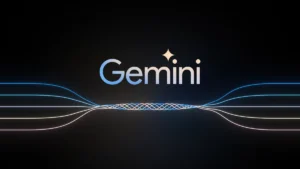San Francisco, the bastion of technological innovation, yesterday hosted a historic day for enthusiasts and professionals in artificial intelligence with the OpenAI DevDay.
A year ago, the world witnessed the birth of ChatGPT, a mere sneak peek of research discreetly unveiled and based on the GPT-3 model. But since then, the landscape of artificial intelligence has been irrevocably transformed. OpenAI rapidly progressed by launching the GPT-3.5 model, before introducing the even more advanced GPT-4. As Sam Altman, president of OpenAI, summarizes: ‘Today, about 2 million developers are creating on our API for a wide variety of use cases and are doing incredible things, over 92% of Fortune 500 companies are developing on our products, and we now count about 100 million active weekly users on ChatGPT.’
GPT-4 Turbo: A Turning Point in AI
The audience was captivated by the introduction of GPT-4 Turbo, a major breakthrough promising to revolutionize the field of AI. This innovation stands out particularly for its extended capacity, increasing from a context length of 32,000 to 128,000 tokens, and for its knowledge updated up to April 2023.
The announcement of more competitive pricing for the GPT-4 Turbo API was met with enthusiasm. With costs reduced by nearly 65%, OpenAI demonstrates its commitment to democratizing access to artificial intelligence and making it more economically viable for a broader range of users.
ChatGPT: More Than a Conversational Agent
Regarding ChatGPT, its updated version can now navigate the web in real-time and maintain an extended context during conversations, opening unprecedented prospects for users. Beyond web navigation, ChatGPT now integrates DALL-E 3 to generate images directly in dialogue, without context interruption, thus merging text with visuals for an enriched user experience.
This advanced version of ChatGPT is not just a simple conversational agent; it becomes a powerful analytical tool, capable of decrypting complex data and providing relevant insights. The synergy of these functionalities’ positions ChatGPT as an unprecedented digital companion, foreshadowing a seamless integration of AI into our digital daily lives.
Continuous Innovations: GPT Store and Whisper V3
In the series of innovations, we also have the GPT AI agents. This illustrates OpenAI’s desire to further democratize access to AI. These natural language programmable agents simplify the implementation of advanced automation solutions in various sectors, marking a significant advancement in how we interact with technology.
The GPT Store promises to transform the AI ecosystem by offering a platform where developers can publish and monetize their AI applications, ushering in an era of collaborative and participative innovation.
We cannot end the list without mentioning Whisper V3, which represents a breakthrough in the field of voice recognition. This improved version of OpenAI’s transcription tool promises unparalleled accuracy and adaptability to a wide range of languages and dialects, which could radically change the way we interact vocally with machines and with each other across language barriers.
AI Security with the Copyright Shield
As part of its initiatives to secure the use of AI, OpenAI introduced a legal innovation as significant as its technological advances: the “Copyright Shield”. This legal protection reinforces the trust of developers and companies by committing to defend and cover legal costs for its clients in case of copyright disputes. This shield, applicable to both ChatGPT and the enterprise API, is a bold statement from OpenAI, proving its confidence in the compliance and quality of its services.
Preparing for the Future with AI
This first DevDay of OpenAI marks not only a turning point in the company’s history but also signals the advent of the AI Renaissance. Far from being a mere continuity of digital transformation, this renaissance offers a second chance to actors who had previously missed the digital turn. However, this opportunity should not be taken lightly; AI is evolving at a breakneck pace, and it is crucial to remain agile and reactive in the face of this acceleration. Professionals and companies, even countries in the Global South, must now engage in this dynamic, adapt, and adopt these emerging technologies. Continuous training, diligent technological monitoring, and proactive adoption of OpenAI’s innovative tools are essential to stay at the forefront of innovation. Organizations that will integrate these technologies into their strategies and consider their ethical and responsible use will not only thrive but also positively contribute to the society of tomorrow.


